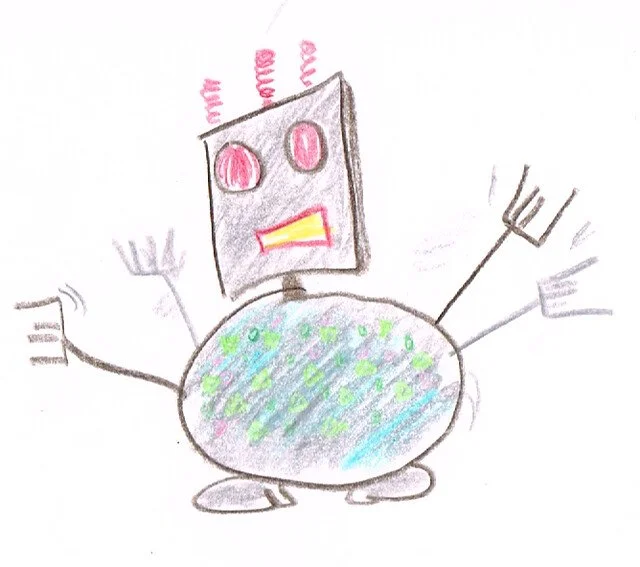This is a topic that comes up every so often, even in the most mundane of situations. A week or so ago we were chatting to a neighbour. She said she thinks her daughter, who looked about six years old, should learn how to code, as that’s the future. Didn’t I agree?
I’m afraid I said that didn’t. I’ve never been convinced that anyone needs to learn coding. I can’t count the number of conferences I’ve been to in which a speaker says “We don’t know what jobs there will be in ten years’ time, therefore all kids should be taught programming.” That seems to me to be inherently contradictory.
The question arises now because of AI, and indeed was asked in the Hello World podcast, Do kids still need to learn how to code? Well, my answer is still “no”, strictly speaking. I came across an AI program recently that will create a website for you, in much the same way, I suppose, that Bing Image Creator and the like will create a picture for you. Provide it with a prompt or two, and sit back while a website is being created. I haven’t tried it myself, because I didn’t fancy having to sign up for yet one more thing. But if it works, what a difference it represents from the early days, when you needed great HTML skills in order to create a simple web page.
But on the other hand…
Having a knowledge of programming enables you to conceive of the end result, frame a prompt that will likely get you somewhere close to that objective, and tweak the AI-generated result until it’s what you wanted. A similar point was made in the article AI gave me a sense of bereavement.
As it happens, I see this situation as very similar to one we’ve encountered before. When Microsoft first brought out “wizards” in its desktop publishing program, I would pose the question in my IT training for teachers:
If a student uses a wizard to create a publication, are they displaying a high degree of IT competency?
That always led to an intense discussion. My view was: if the wizard is there, why not save yourself some time by using it? But that to me was a necessary but not sufficient indicator of IT competence. The next stage I’d be looking for is for the student to say, “Great. The wizard has done the grunt work. Now I can spend time getting under the hood to make the changes I want to see.”
I feel the same way about using AI.
Karim Lakhani, in a Harvard Business Review discussion, said:
“AI is not going to replace humans, but humans with AI are going to replace humans without AI.”
I am pretty sure that he is will be proved correct.
If you’d like to read my reflections on literature, writing and life in general, have a look at my Eclecticism newsletter via the graphic below.





